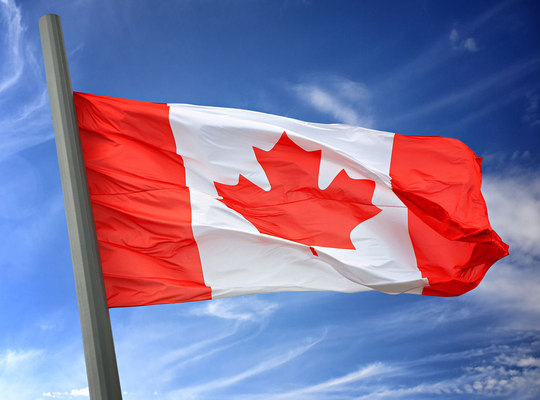You are here
Wallonia is playing with fire, and it risks getting burnt

The Greek Communist government is ready to sign the Canada trade deal, CETA. The Walloon Socialist Government is not. Much of Europe cannot understand how a region of 3.5 million inhabitants is threatening to derail an international trade deal that will save European exporters hundreds of millions of Euros each year. The Walloon government needs to understand that its decision to oppose CETA could end up having consequences far beyond this one - albeit very important - agreement.
On the face of it, it might seem like those consequences would not be felt by Wallonia itself. 90 percent of Belgium's trade to Canada comes not from the Walloon region in Belgium, but from the engine of the Belgian economy: the region of Flanders. The only risk to Wallonia is that in sabotaging that Flemish engine it is also risking the part of the Belgian economy that pays for most of Wallonia's welfare.
However, the Walloon parliament needs to understand the unforeseen impact that this deal will have on the rest of the EU. CETA is the best trade deal the EU has negotiated. It opens trade with a highly advanced, liberal democratic and open G7 country, with lower prices for goods, fewer obstacles for exporters, and opportunities for European service companies to bid for work across the Atlantic. It does so without threatening European standards, or creating a drive to the bottom for social protections. Those who oppose CETA cannot, with a straight face, stand up and say they are anything but protectionists.
With solidarity comes responsibility
The Walloon parliament has the right to be protectionist, but it has no right to block others who want to get ahead. Moreover, it should remember that he who expects solidarity must also show responsibility. The Walloon Parliament has – during the huge asylum crisis – been quick to chastise the countries of Central and Eastern Europe for not living up to their responsibility to take refugees from other countries, saying that those countries failing to show asylum solidarity should not count on socio-economic support from the EU. On that same basis, perhaps the Walloon region should also understand that failing to show any solidarity for a balanced and ground-breaking trade agreement - which will have virtually no impact on them - might see the rest of the EU ask why it is showing such significant levels of solidarity towards that region. Such questions are already circulating today in the corridors of the European institutions.
The loss of international credibility for the Walloon region is their democratic choice, and it is for them to face the consequences. However, more open economies such as Flanders or the Netherlands will rightly ask why the EU’s trade policy requires them to be as protectionist and closed as Wallonia. If the EU is like a fleet of ships then it can only travel as fast as its slowest ship, and at the moment great cruise liners are seeing themselves being held back by a rowing boat. How long before they decide to cut the rowing boat loose and dash for the horizon?
Schism over trade
The vast majority of EU countries passionately believe that this agreement can pave the way to a better future for European jobs and growth, so they will understandably seek to find a way around the Walloon parliament’s decision. But what does that mean for the future unity of the EU? Already failing to agree a common approach to many of the major challenges facing us, we now have a schism over trade.
The world does not owe us a living. The actions being taken by the Walloon parliament risk the prosperity of the entire continent, and they cast into doubt the vast amounts of financial ‘solidarity’ the region has enjoyed from both Flanders and the rest of the EU. It’s the Walloon parliament’s decision to make, but they need to realize that their actions will have many untold consequences.

